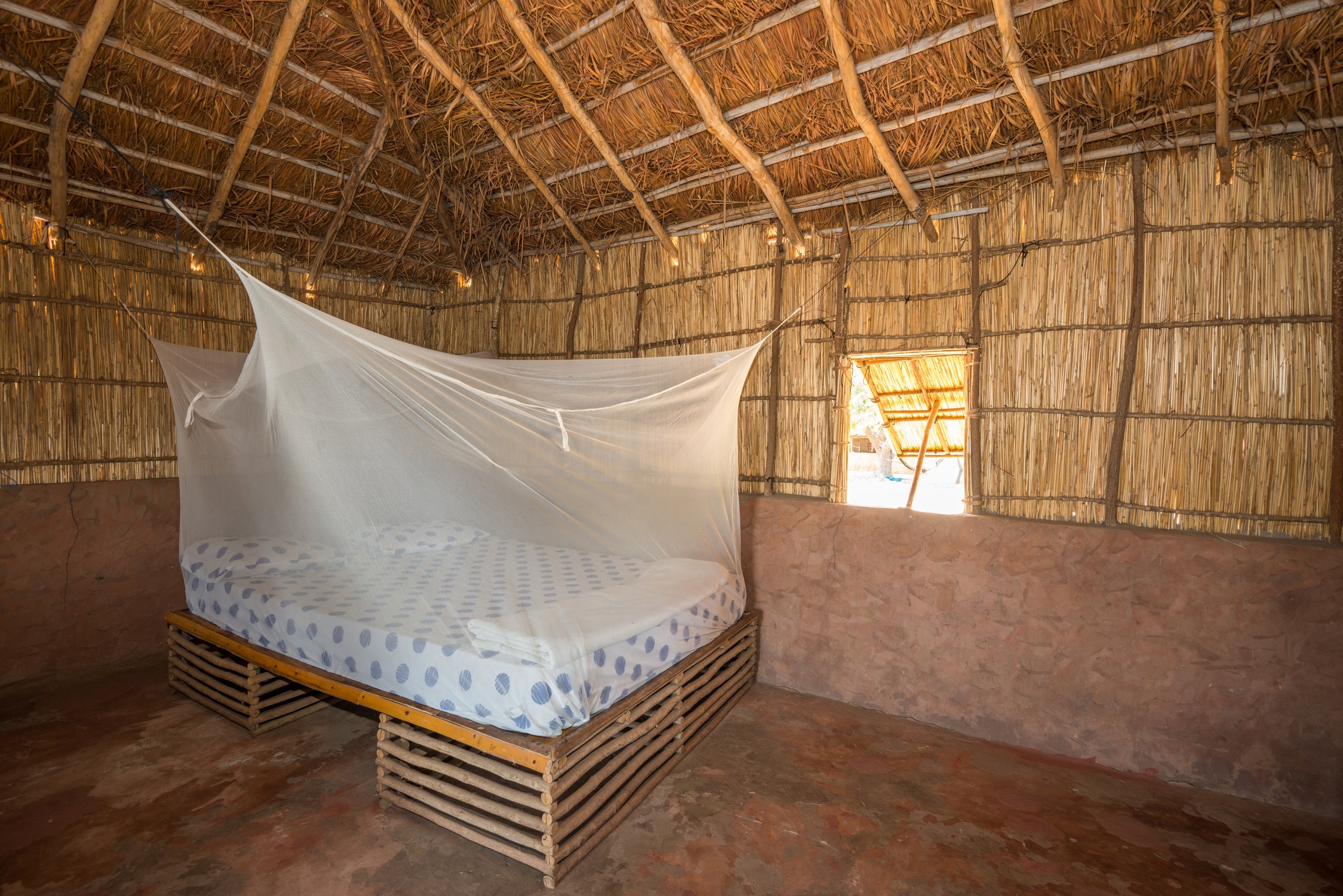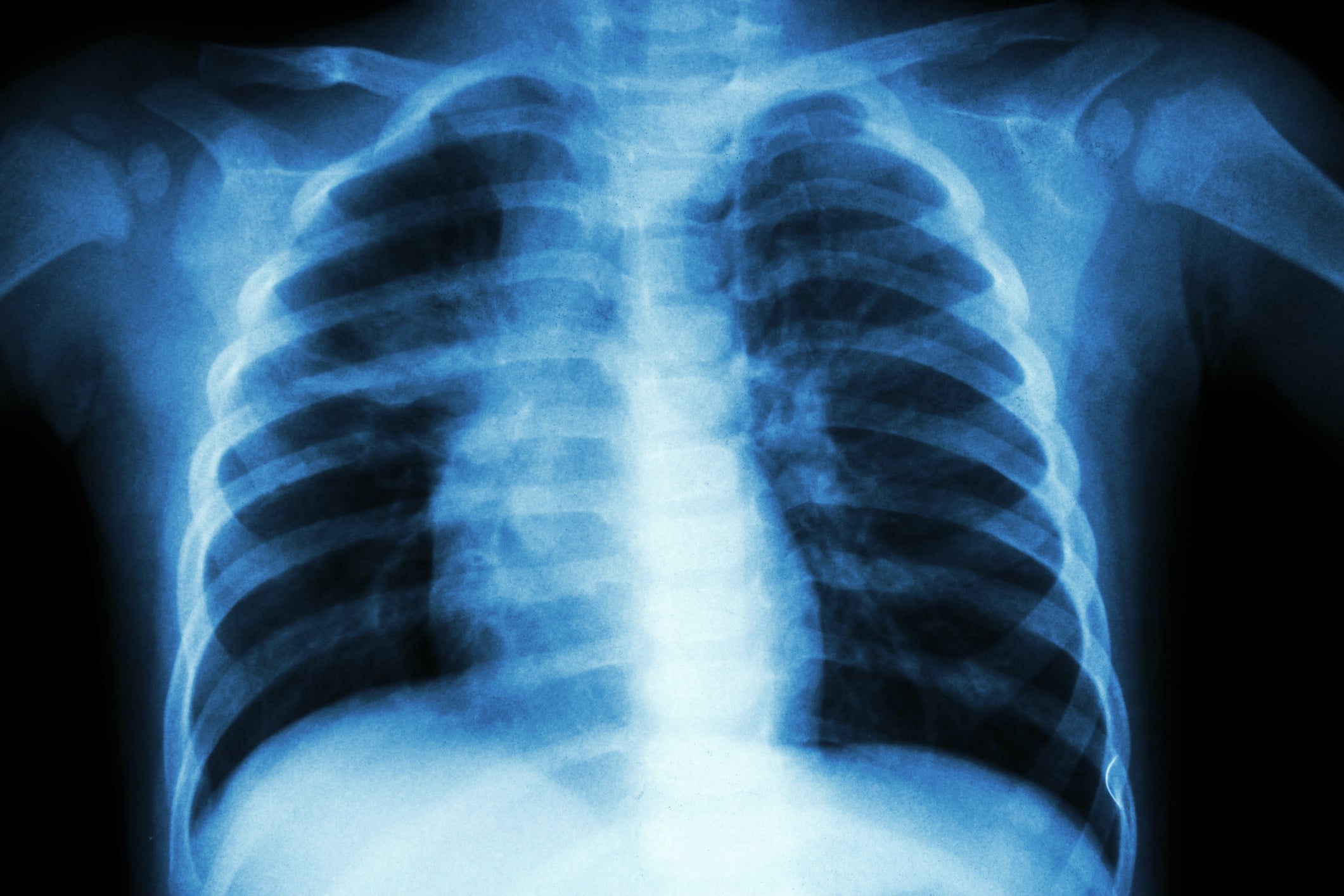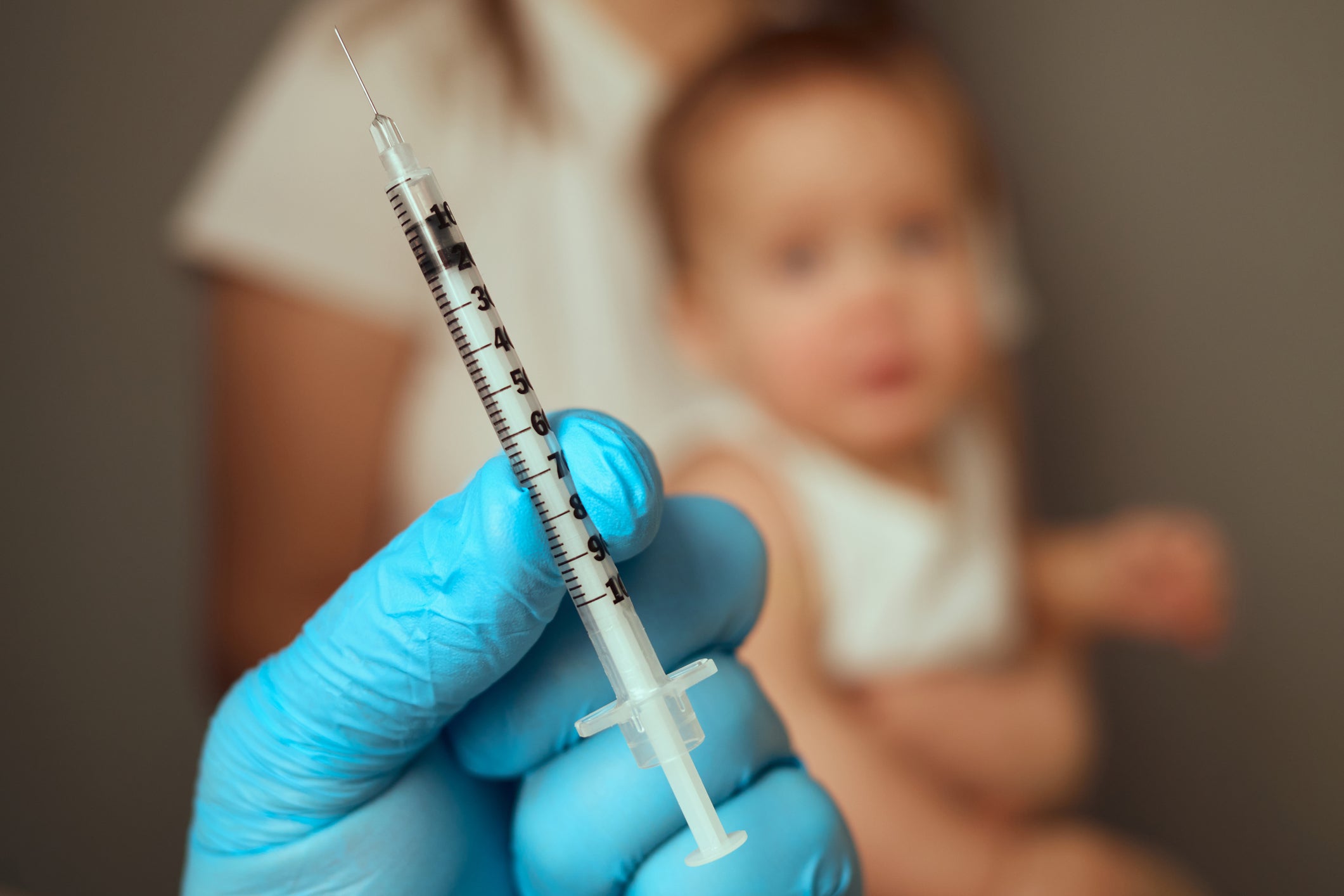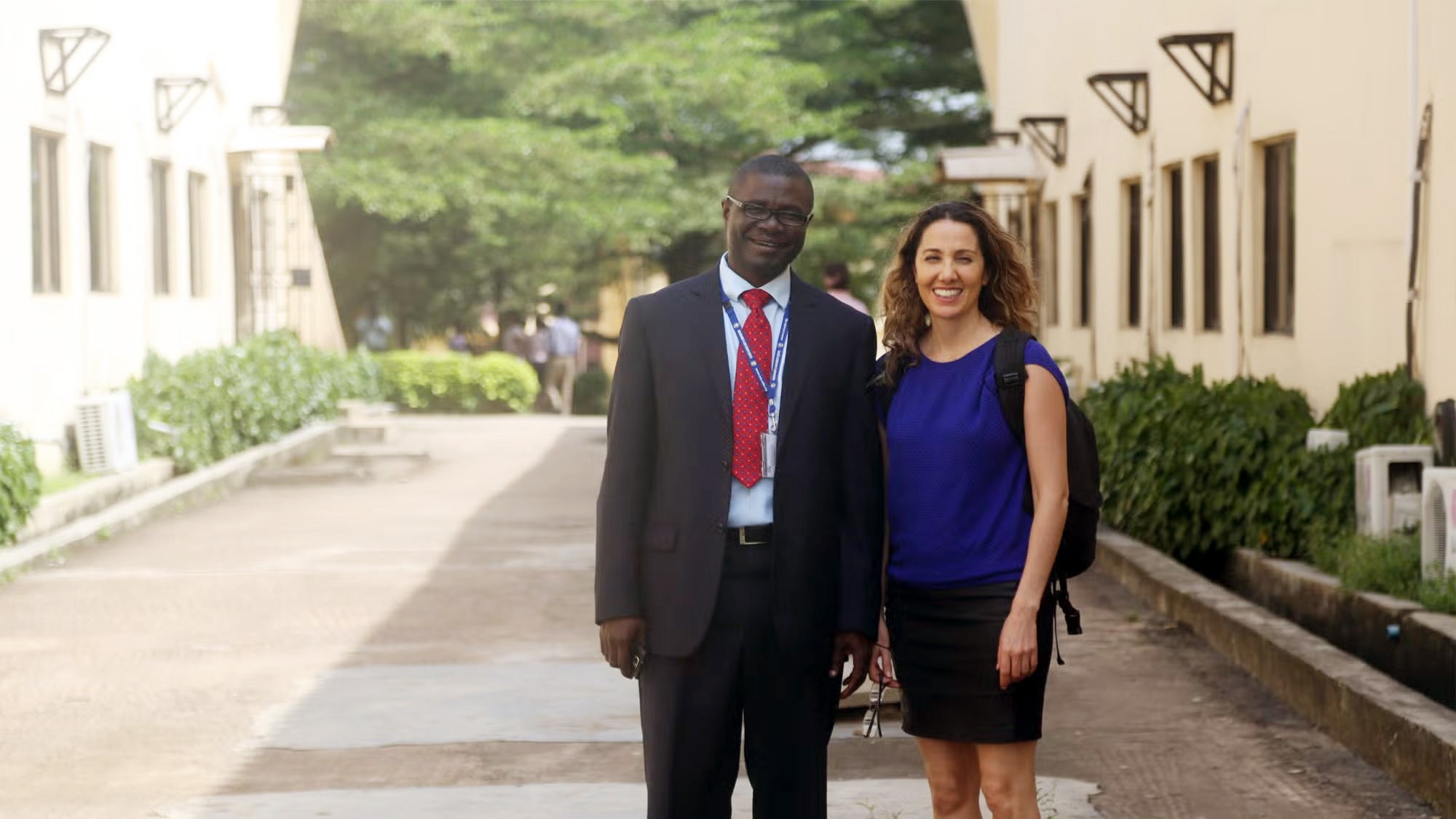New malaria control strategy efficiently kills parasites in the mosquito, could lead to more effective bed nets

For immediate release: May 21, 2025
Boston, MA—A potent combination of antimalarial compounds added to bed nets blocked parasite transmission in mosquitoes while circumventing insecticide resistance, according to a new study led by researchers at Harvard T.H. Chan School of Public Health. The finding dramatically expands understanding of druggable targets in mosquito-stage parasite development and lays the groundwork for a new, more effective way to prevent malaria transmission.
The study was published May 21 in Nature.
“Malaria control desperately needs innovation,” said co-corresponding author Flaminia Catteruccia, Irene Heinz Given Professor of Immunology and Infectious Diseases and Howard Hughes Medical Institute Investigator. “This is a momentous step forward in the development of a new mosquito-targeted malaria control strategy, which could lead to a new generation of effective antimalarial bed nets.”
Malaria is one of the leading infectious disease killers worldwide, leading to 263 million cases and 597,000 deaths in 2023. Although there was significant progress toward preventing the disease at the turn of the century, in the last decade cases and deaths have plateaued, due in part to widespread insecticide resistance in mosquitoes. Insecticide-treated bed nets, one of the most commonly used malaria control tools, have in turn become less effective.
The researchers performed a first-of-its-kind test of 81 antiparasitic compounds by applying them directly on Anopheles gambiae mosquitoes—key vectors for the disease—in order to identify which ones killed Plasmodium falciparum parasites, which cause over 90% of human malaria cases worldwide. They found that 22 of the compounds significantly impaired P. falciparum development, and after further testing, identified two extremely active compounds that killed parasites through inhibiting different sites of the parasite mitochondrial electron transport chain, a target of antimalarial compounds.
When the researchers incorporated these compounds in bed net-like prototypes, the compounds killed 100% of the parasites at very low concentrations. The compounds retained activity even after a year, and they efficiently killed parasites even when applied to the Anopheles female up to four days in advance of infection, significantly lowering the chance of the mosquito ever becoming infectious.
“This new malaria control strategy blocks mosquito-mediated parasite transmission without killing the mosquito and inducing resistance, which could extend the effective lifespan of bed nets,” said lead author Alexandra Probst, a doctoral student in the Biological Sciences and Public Health program through Harvard Chan School and Harvard Kenneth C. Griffin Graduate School of Arts and Sciences. “Importantly, our chemistry collaborators at Oregon Health and Science University were able to generate these compounds inexpensively, which would allow this approach to be integrated into existing bed net infrastructure at a competitive cost.” [Read a profile of Probst.]
“Resistance to insecticides has compromised mosquito control efforts, particularly in Africa. One great advantage of this strategy is that it is focused on killing the parasite rather than the mosquito,” said co-corresponding author Dyann Wirth, Richard Pearson Strong Professor of Infectious Diseases.
Other Harvard Chan co-authors included Federico Appetecchia, Selina Bopp, Kelsey Adams, Tasneem Rinvee, Esrah Du, and Naresh Singh.
Support for the study was provided by the National Institutes of Health (NIH) grants R01AI148646 and R01AI153404, and by an Open Philanthropy and Good Venture Foundation grant GV673604528. Tres Cantos Open Lab Foundation, Medicine for Malaria Venture, and the Malaria Drug Accelerator provided several compounds tested in this study.
“In vivo screen of Plasmodium targets for mosquito-based malaria control,” Alexandra S. Probst, Douglas G. Paton, Federico Appetecchia, Selina Bopp, Kelsey L. Adams, Tasneem A. Rinvee, Sovitj Pou, Rolf Winter, Esrah W. Du, Sabrina Yahiya, Charles Vidoudez, Naresh Singh, Janneth Rodrigues, Pablo Castañeda-Casado, Chiara Tammaro, Daisy Chen, Karla P. Godinez-Macias, Jasmine L. Jaramillo, Giovanna Poce, Michael J. Rubal, Aaron Nilsen, Elizabeth A. Winzeler, Jake Baum, Jeremy N. Burrows, Michael K. Riscoe, Dyann F. Wirth, Flaminia Catteruccia, Nature, May 21, 2025, doi: 10.1038/s41586-025-09039-2
Visit the Harvard Chan School website for the latest news, press releases, and events from our Studio.
For more information:
Maya Brownstein
mbrownstein@hsph.harvard.edu
###
Harvard T.H. Chan School of Public Health is a community of innovative scientists, practitioners, educators, and students dedicated to improving health and advancing equity so all people can thrive. We research the many factors influencing health and collaborate widely to translate those insights into policies, programs, and practices that prevent disease and promote well-being for people around the world. We also educate thousands of public health leaders a year through our degree programs, postdoctoral training, fellowships, and continuing education courses. Founded in 1913 as America’s first professional training program in public health, the School continues to have an extraordinary impact in fields ranging from infectious disease to environmental justice to health systems and beyond.


